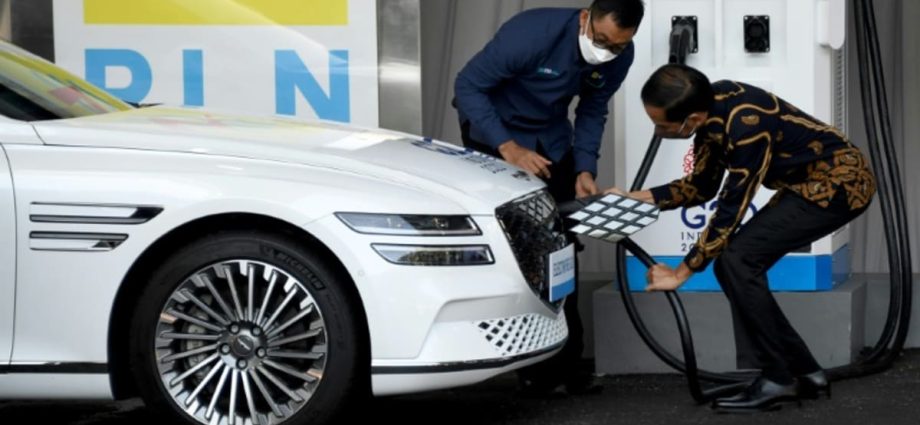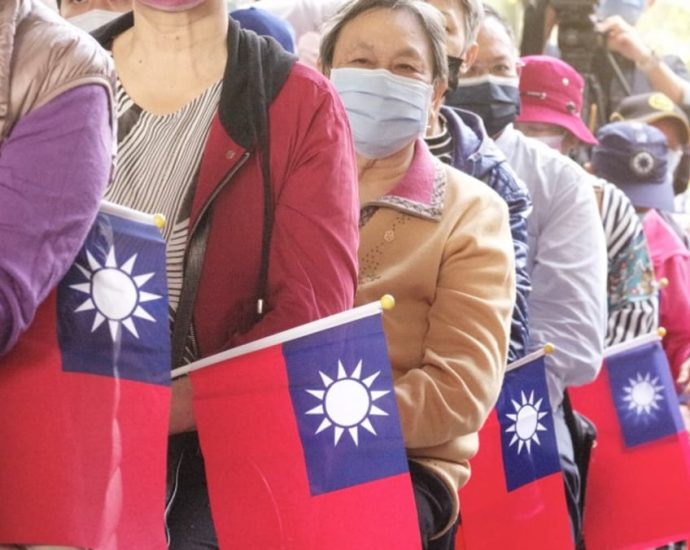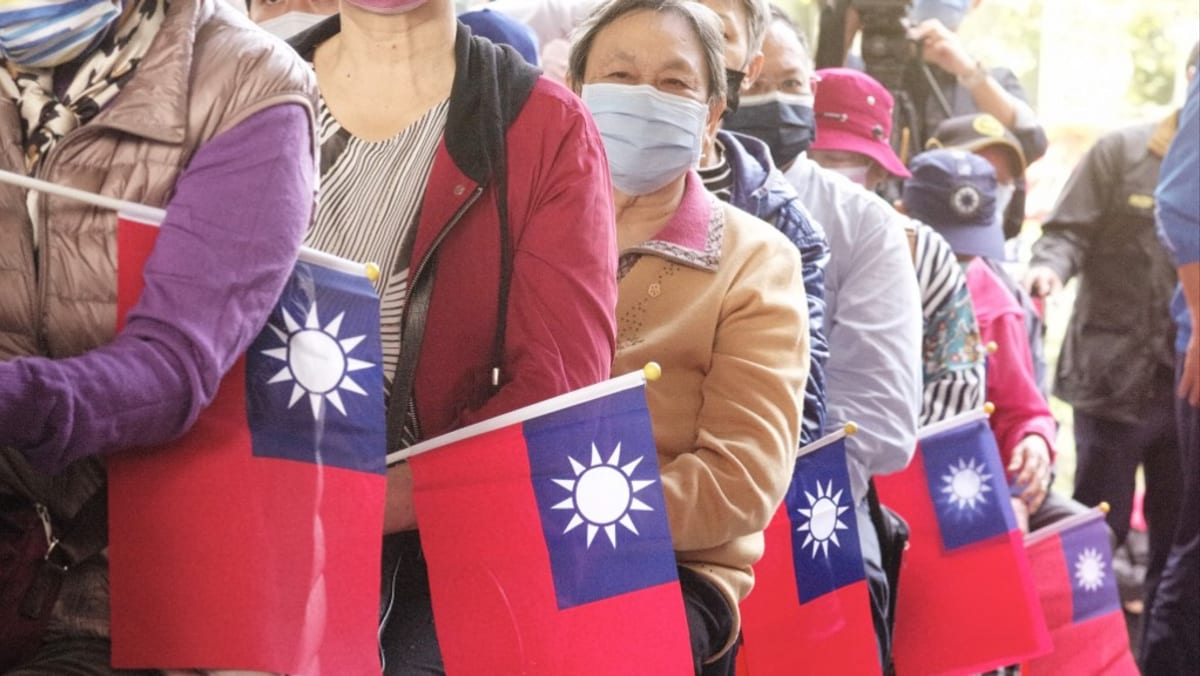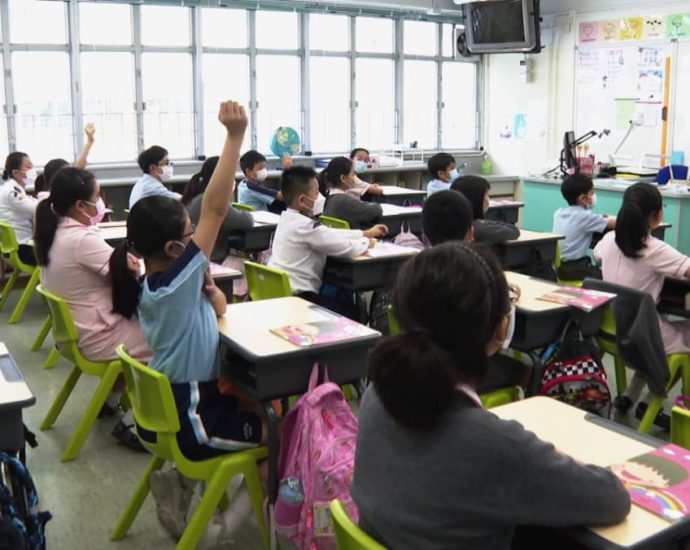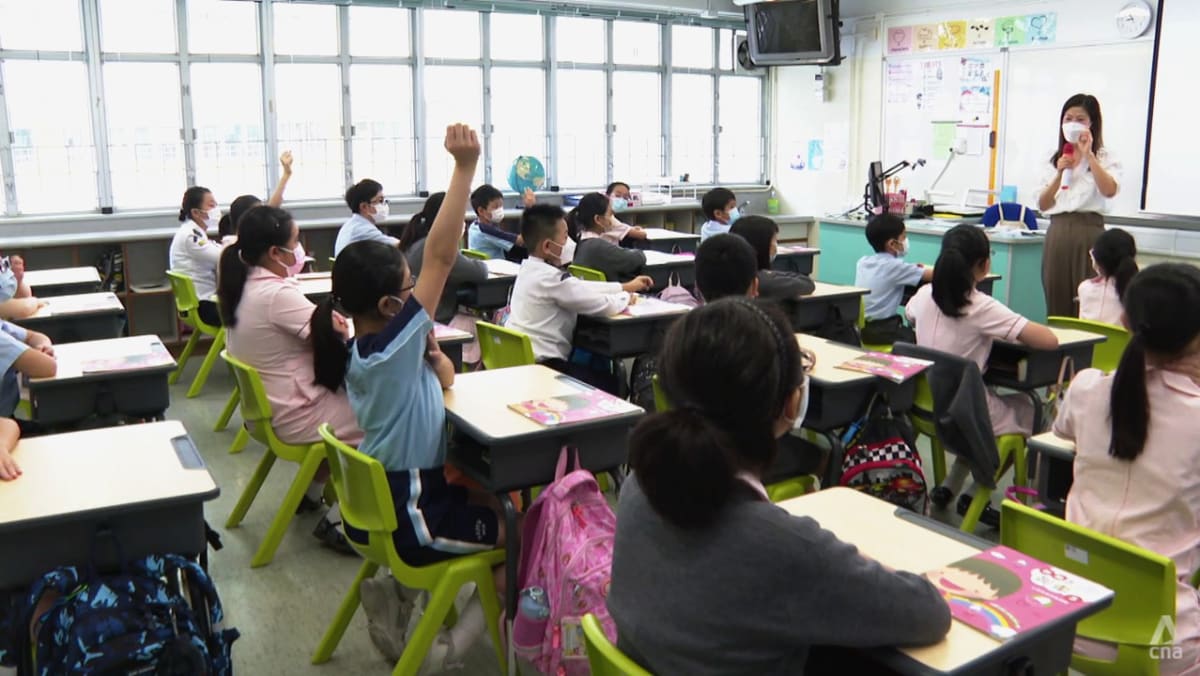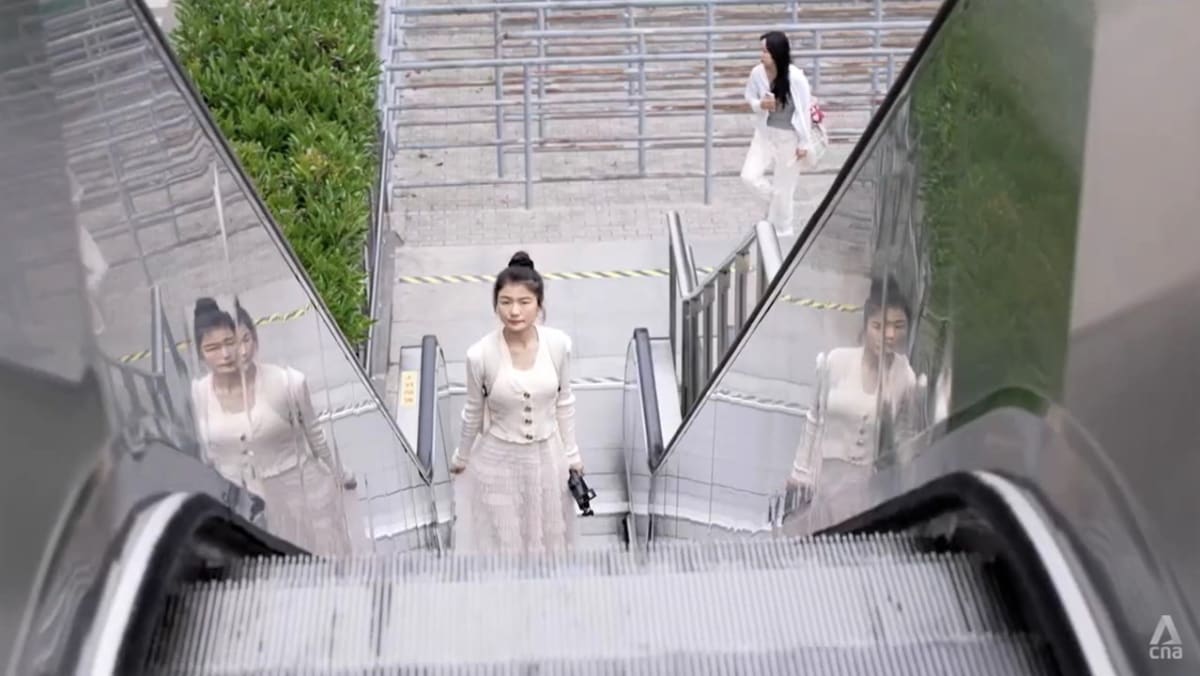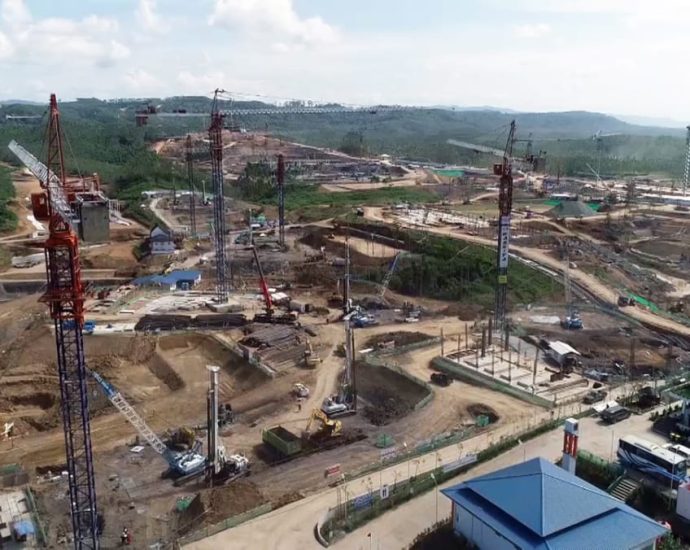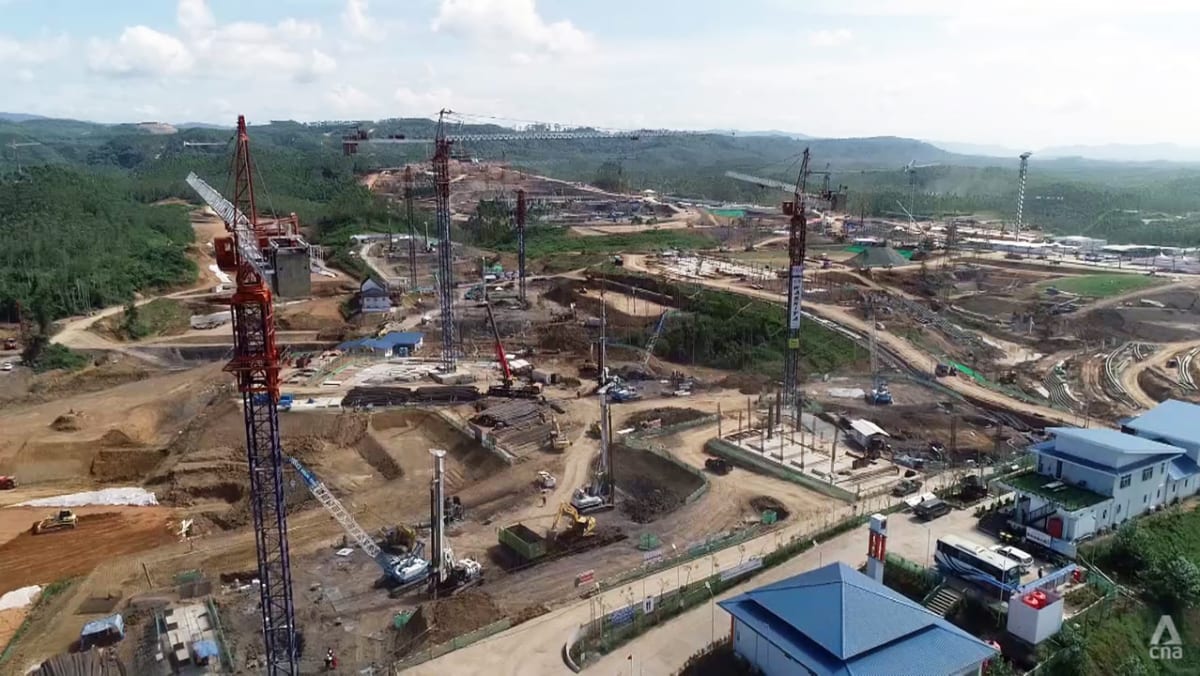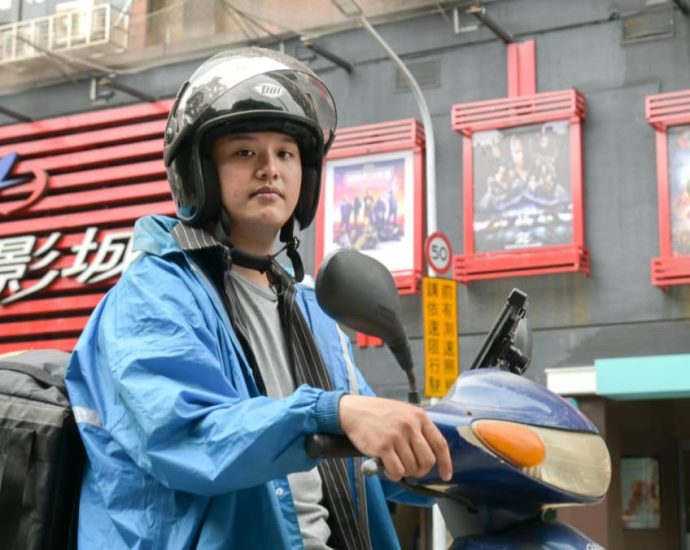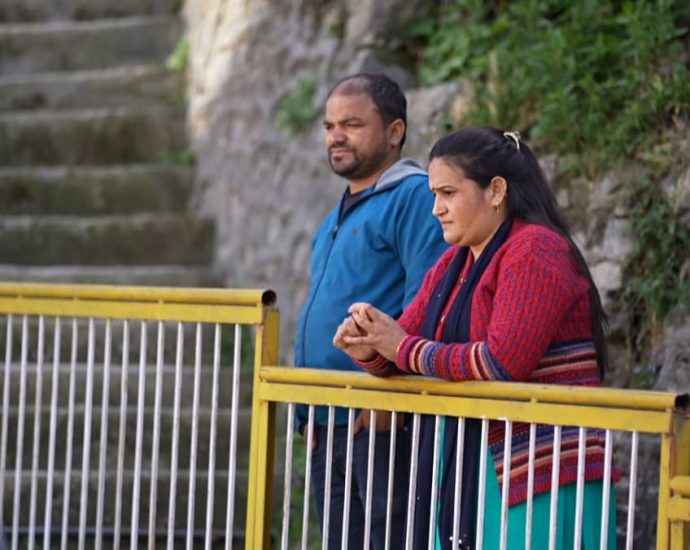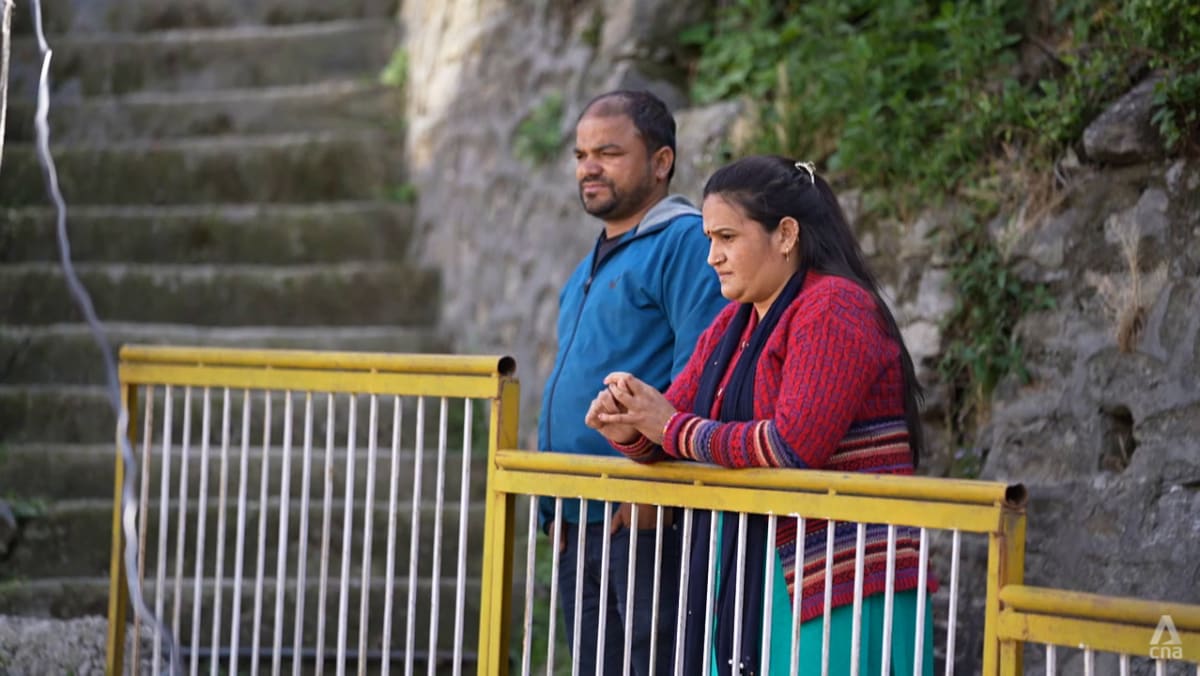As both US, China de-risk, this is how India, Indonesia stand to gain
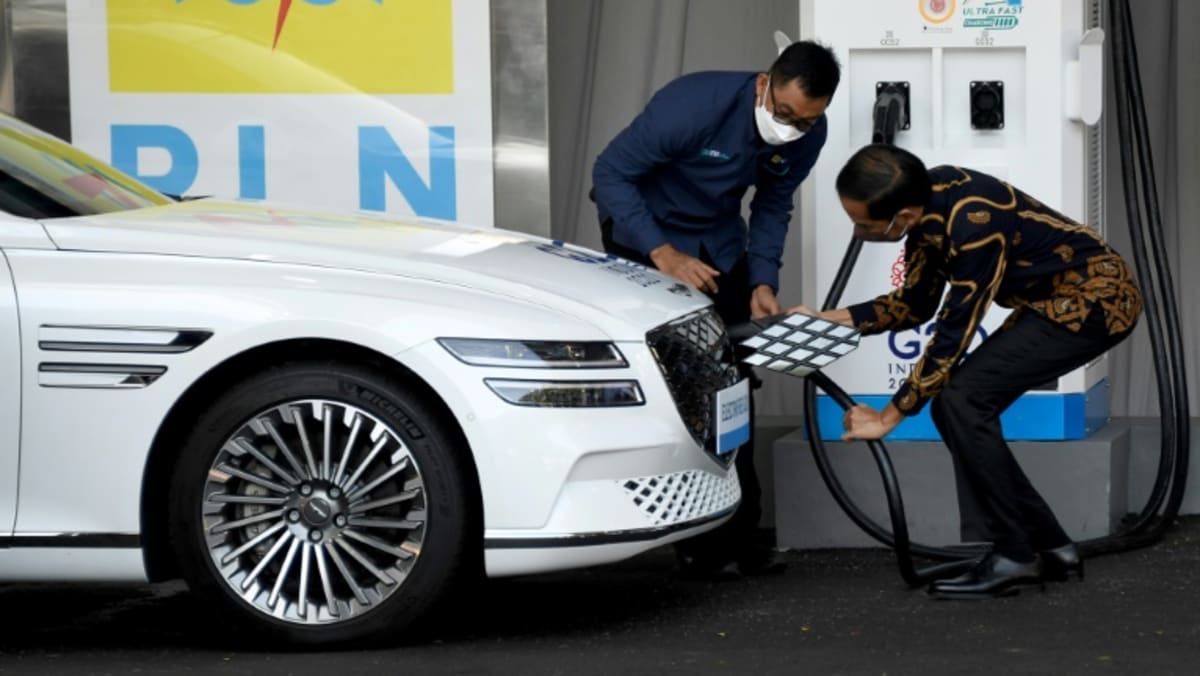
Setting up shop now in Indonesia is BYD, which joins fellow Chinese EV maker Wuling, while US company Tesla continues its investment discussion with the Indonesian government.
In the foreseeable future, nickel could be processed in Indonesia by Chinese companies, then assembled into EV batteries by South Korean and, potentially, Australian firms there, for cars made in Indonesia by American and Chinese manufacturers.
In a world grappling with geopolitical tensions, Jakarta sees such global partnerships as the way forward.
“We should avoid a concentration of the supply chain (in the hands of) one single party. But I think in an effort to diversify the supply chain, … we can’t just say, ‘Oh, I don’t want China,’” said Septian.
“Western countries would be 10 to 15 years behind … Chinese technology in terms of the nickel processing, so we can’t exclude.
“We can have co-operation that’s beneficial and mutual for every party, because … no single country, even no single region, can fulfil all the critical minerals that we need for this energy transition.”

